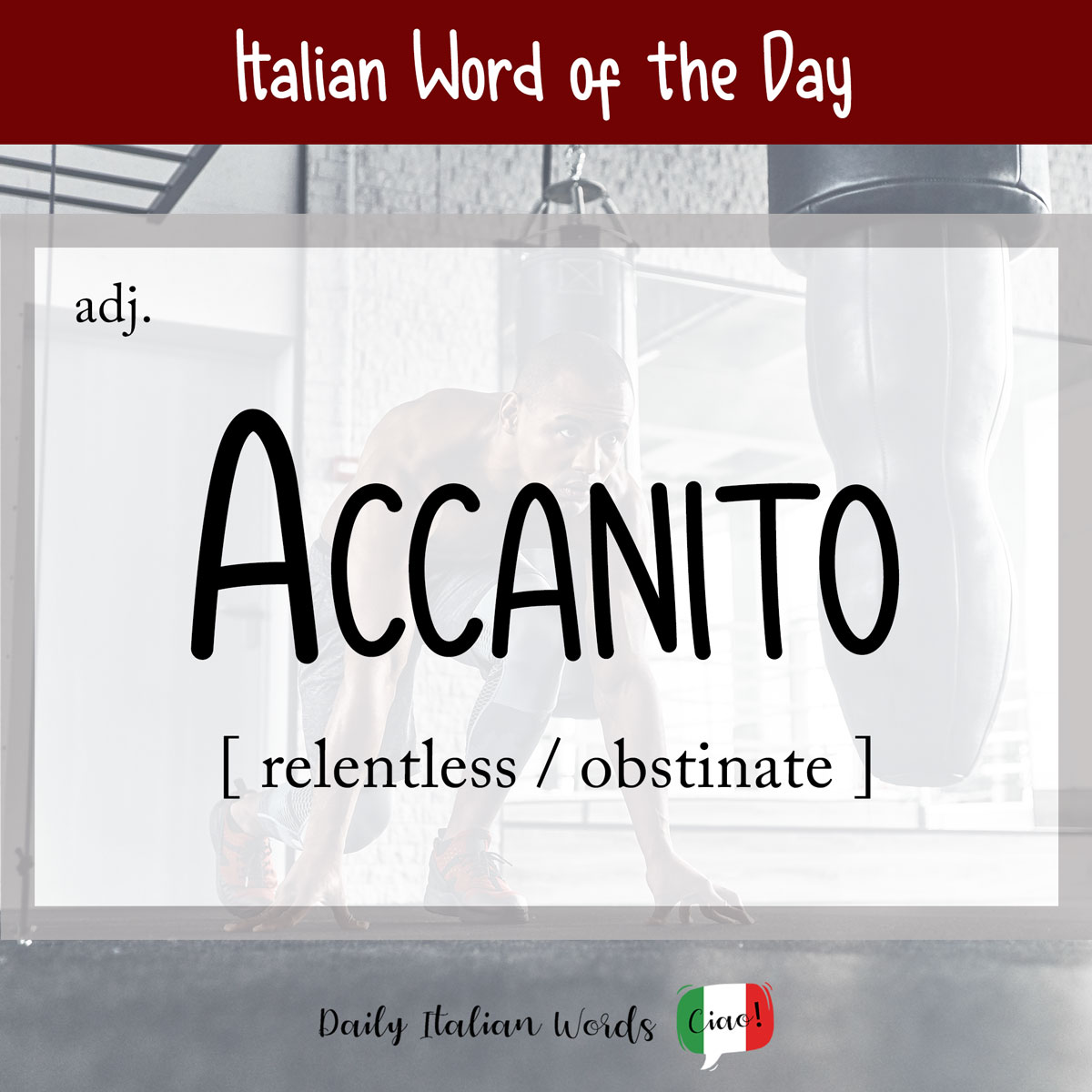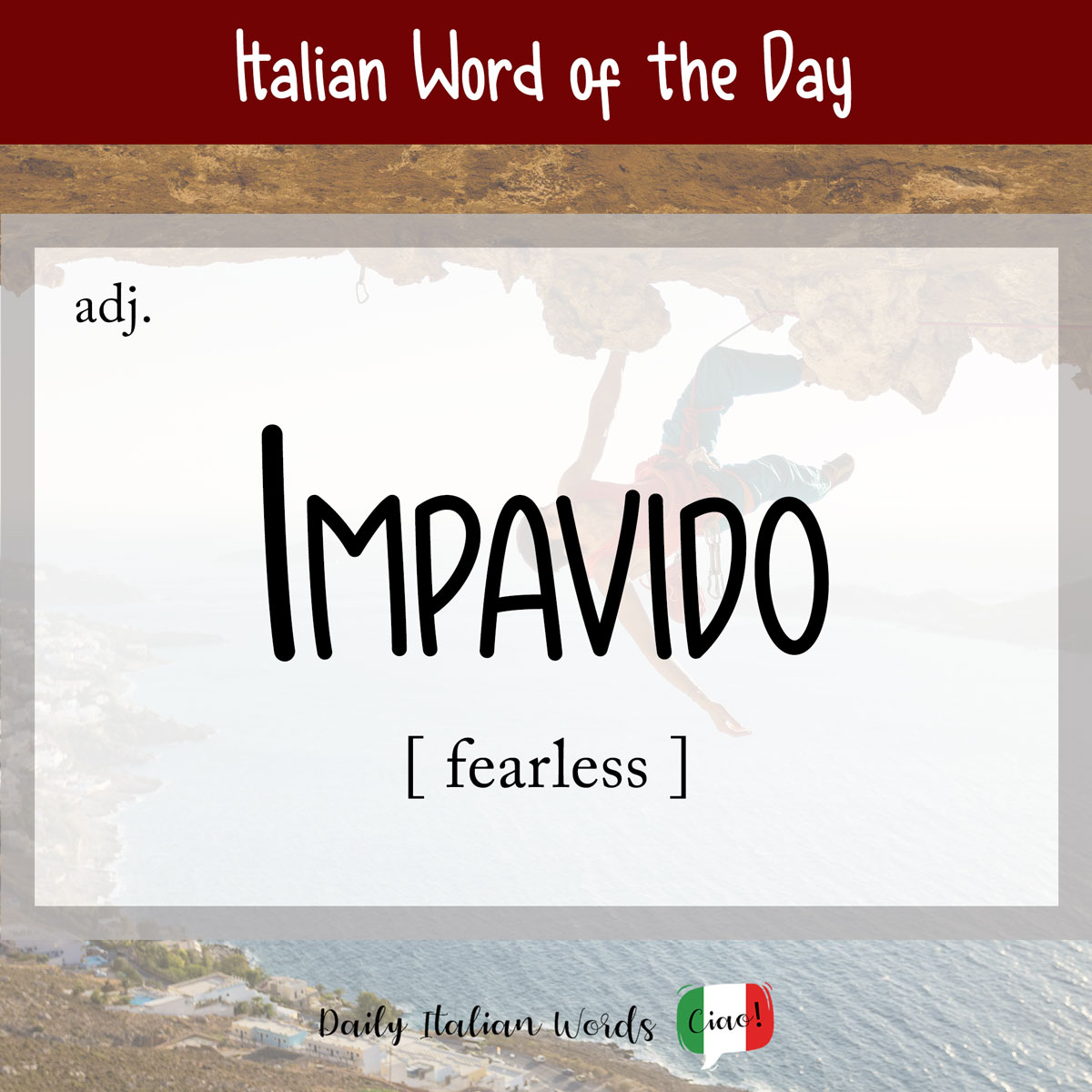Italian Word of the Day: Accanito (relentless / obstinate)
If you can imagine a dog sinking its teeth into your favourite pair of shoes and refusing to let go no matter how hard you pull, you are already halfway to understanding the meaning of the adjective accanito! Accanito itself derives from the word for dog in Italian, which is cane. It is used to …






